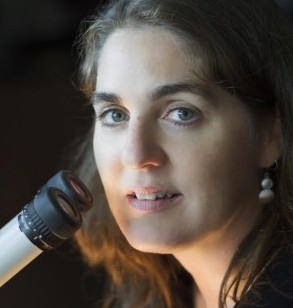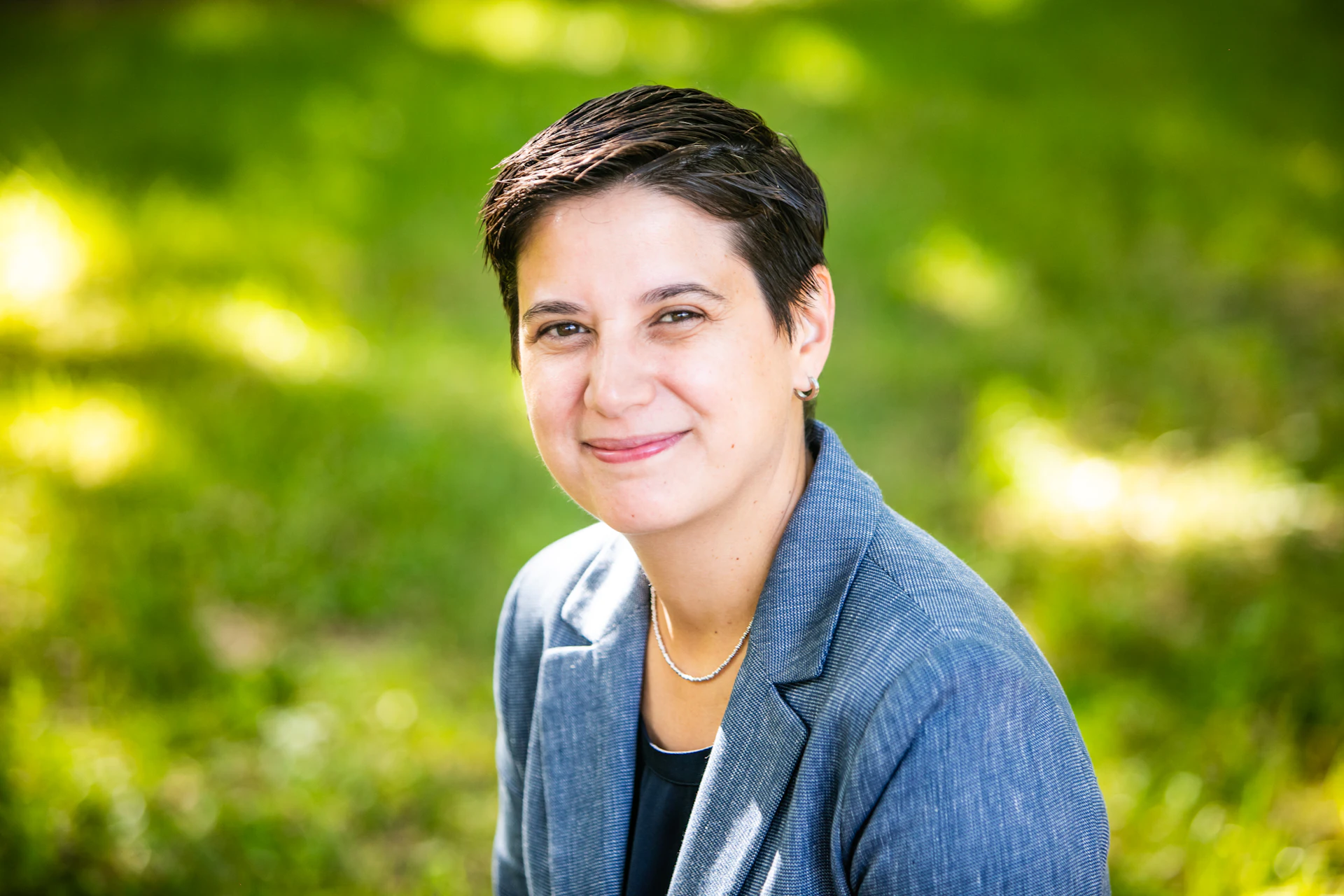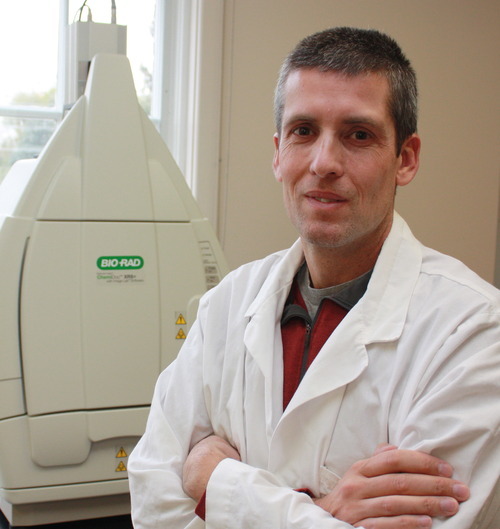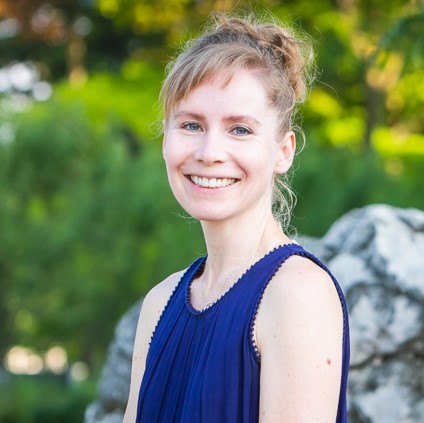From studying the mechanisms of cancer cells and chronic pain, to guiding new policies for our microbiome health, nine University of Guelph researchers have been awarded more than $7.1 million in federal grants from the Canadian Institutes of Health Research (CIHR).
Knowledge from these projects could help advance new treatments for life-threatening diseases, including breast cancer, chronic kidney disease, leukemia and more.
“These federal investments in University of Guelph leaders reflect the excellence of our research community and their dedication to improve life for all,” says Dr. Rene Van Acker, vice-president (research and innovation). “With this new support, these researchers will deepen the world’s knowledge on the molecular level while tackling society’s most pressing challenges in human health and the environment.”
Lloyd Longfield, MP for Guelph, says he is pleased to see the CIHR recognize these innovative researchers at U of G and that it is a testament to the quality and skill of research underway.
“With this funding, these researchers will be able to continue their important work on neuron electrical signals, brain cells, proteins, among other projects, to advance treatments of seizures, chronic pain and breast cancer cells. U of G has once again shown its exceptional talent and its ability to lead the world on groundbreaking research.”
College of Biological Science
Dr. Shaun Sanders, Department of Microbiology and Cellular Biology (MCB)

A professor in MCB in the College of Biological Science, Dr. Shaun Sanders will receive $808,349 to better understand ion channels in neurons.
The electrical signals sent by neurons in the body are mediated by proteins called ion channels. Mutations in these channels cause multiple disorders, such as epilepsy and ataxia. Sanders is studying “palmitoylation,” a cellular process that modifies ion channels with a sticky tag to send them to the right locations within neurons.
Understanding how these channels are directed to the right places could help researchers potentially identify new ways to prevent seizures and ataxia from occurring.
This work will provide new insights into the function and regulation of cellular components being transported in brain cells. It will also have important implications for the understanding of epilepsy.
Other College of Biological Science recipients include:



Dr. Graham Holloway, Department of Human Health and Nutritional Sciences, has received $791,776 to study dietary nitrate and how it might mitigate the consequences of physical inactivity. As dietary nitrate helps prevent prediabetes and heart impairments, this research may guide an inexpensive strategy to improve health when people suffer from unexpected periods of inactivity, such as during an injury.
Dr. Nina Jones, MCB, has been granted $879,750 to study specialized kidney cells called podocytes, whose functions are disrupted during early kidney disease. The molecular mechanisms behind chronic kidney disease are not well-known, and the team hopes to translate this knowledge into the design of more targeted therapies.
Dr. Siavash Vahidi, MCB, has received $1,143,375 to investigate acute myeloid leukemia (AML) cells. AML is a type of cancer in which the bone marrow makes abnormal blood cells. A specific enzyme within the mitochondria of these cancer cells is a critical player and may be a prime target for new therapies.
College of Social and Applied Human Sciences
Dr. Keiran O’Doherty, Department of Psychology

Dr. Kieran O’Doherty has received $707,624 to investigate society’s relationship to the human microbiome. O’Doherty is a professor in the Department of Psychology in the College of Social and Applied Human Sciences.
The human microbiome is essential for healthy human development and immunity, and imbalances can result in chronic illnesses such as obesity and type 2 diabetes. Lifestyle and environmental factors – such as genetics, diet and exercise as well as exposure to pollution, antibiotics and food – all have implications for the microbes shared between people and their environment.
O’Doherty and colleagues will build a framework for “microbiome stewardship,” a collective vision to coordinate societal efforts to ensure healthy microbiome environments. This framework may help guide future policies and practices, as O’Doherty’s research will engage a wide range of experts to develop a sustainable and comprehensive articulation of microbiome stewardship.
Ontario Veterinary College
Dr. Giannina Descalzi, Department of Biomedical Sciences

Dr. Giannina Descalzi has received $1,086,300 to understand the mechanisms and networks in the brain that cause chronic pain, which is experienced by one in four Canadians over the age of 15.
People with chronic pain show changes in multiple brain regions for emotion. Two types of brain cells, the neuron and the astrocyte, have also been associated with chronic pain. How they communicate may hold the key to understanding exactly how chronic pain functions.
Descalzi’s research will determine how astrocytes affect neurons. This team will use genetic tools to reduce the communication between astrocytes and neurons and determine if the development of chronic pain can be prevented. Their findings will provide a leap forward in our understanding of the molecular machinery involved and may propel research into better treatments.
Other Ontario Veterinary College recipients include:



Dr. Samuel Tekeste Workenhe, Department of Pathobiology, has received $925,650 to investigate the process of cell death and the cellular alarm signals that alert the immune system to destroy cancer cells. Workenhe’s study will identify the conditions that best alert the immune system to fight a particular type of brain cancer, providing the foundational knowledge for new therapies.
Dr. Roger Moorehead, Department of Biomedical Sciences, has received $100,000 to study a protein shown to reduce the growth and spread of breast cancer cells to the lungs. This new funding could lead to new therapeutic targets to prevent breast cancer growth and/or its spread to other tissues in the body.
Dr. Sarah Wootton, Department of Pathobiology, received $761,176 to enhance and expand her group’s patented alternative vaccine system, which has been shown to be effective against a range of infectious diseases, including Ebola and Pseudomonas aeruginosa. This promising alternative vaccine does not require actual exposure to the pathogen, and her research project will improve this system to help prepare it for further clinical contexts.
